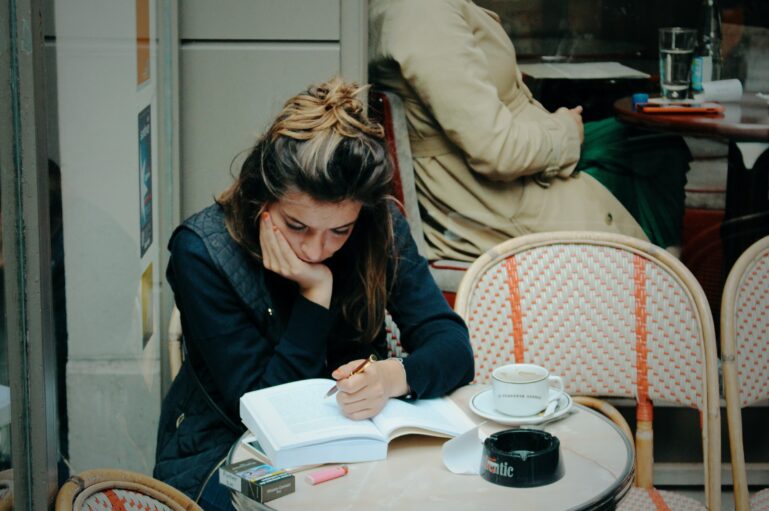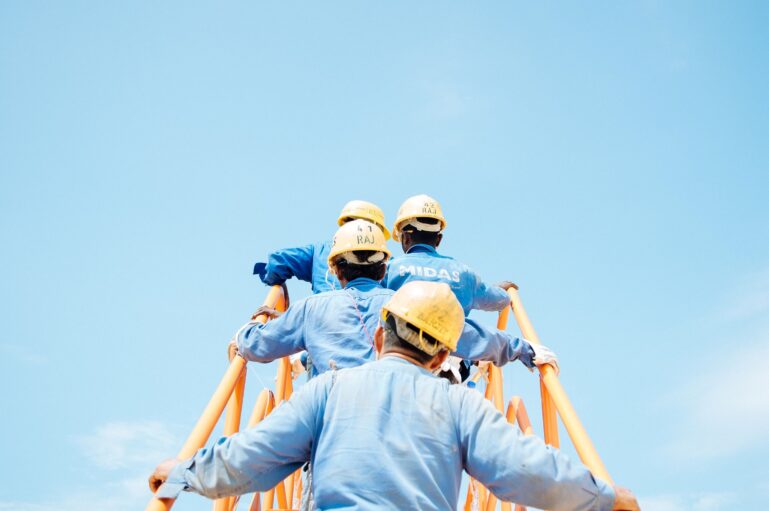“An unhurried sense of time is in itself a form of wealth” (Bonnie Friedman)
In our fast-paced world, expectations grow – partly as a natural consequence of development and the realisation of less than perfect results (oh, I wish this computer would just speed up and work for me!), but chiefly because of an inner restlessness that senses that things are not right, not perfect and that we are unfulfilled. This concern for speed, efficiency and others living up to their promises also affects our inward journey. Just as we get frustrated over a couple hours’ delay at an airport, so we demand instant results in our inner exploration. We look at ourselves and get disillusioned by what we see. We long for change and wholeness. Dissatisfied, we get angry with ourselves and with our seeming inability to respond rapidly. At the same time, this dissatisfaction may hide behind a cloak of anger towards others. The attitude of “why doesn’t he step up and take responsibility?” often masks anger at our own difficulties in facing change and necessary growth. The desert through which we travel is not out there but, as the poet said: “squeezed in the tube-train next to you. The desert is in the heart of your brother”, and in your own.
Eddie Askew, Disguises of Love, insightfully notes: “The best travel books, the ones full of discovery and interest, are written by people who travel slowly. It takes time to see, to think, to experience and then to understand. Not the blast of jet engines and the ten-countries-in-eight-days syndrome, but the slower, contemplative journeys. I’m not joining the fashion which derides rapid travel altogether. It’s useful and I wonder how else one would one keep up with rapid changes today, but the trouble is that the speed of travel conditions us to expect equal speed in other affairs. I notice how much more often we ask ‘When do we arrive?’ than ‘What can I see on the way?’”
Meeting people who are frustrated by external problems or with their inner responses, I have realised that the phrase ‘Give It Time’ is helpful. Patience is more constructive than anger – an understanding and relaxed acceptance of oneself with a recognition that the journey is accomplished in sets of steps, steps put in place by God for growth and development. Facing one’s restlessness honestly, taking ownership of one’s negative emotional responses and translating the same into faith and hope, one can commence the journey to inner peace.
Stephen R Covey, of 7 Habits of Highly Effective People fame, notes: “It is not until you have a burning ‘yes’ inside of you about what is truly important that you can pleasantly, smilingly and cheerfully say ‘no’ to all that which is urgent, but not truly important. Our deepest guilt comes from doing the opposite, implicitly saying ‘no’ to the truly important and ‘yes, yes, yes’ to the urgent that is not important. The more we are free from non-necessities, the more we are free to do the more meaningful actions of our lives”.
Patience (coupled with a focus on God’s steps for our respective journeys) is more constructive than anger. Anger debilitates and confuses us – it wastes valuable energy and distracts us from our journey’s next steps. Patience, on the other hand, recognises our vulnerabilities and, with understanding, makes responsible choices for growth.










